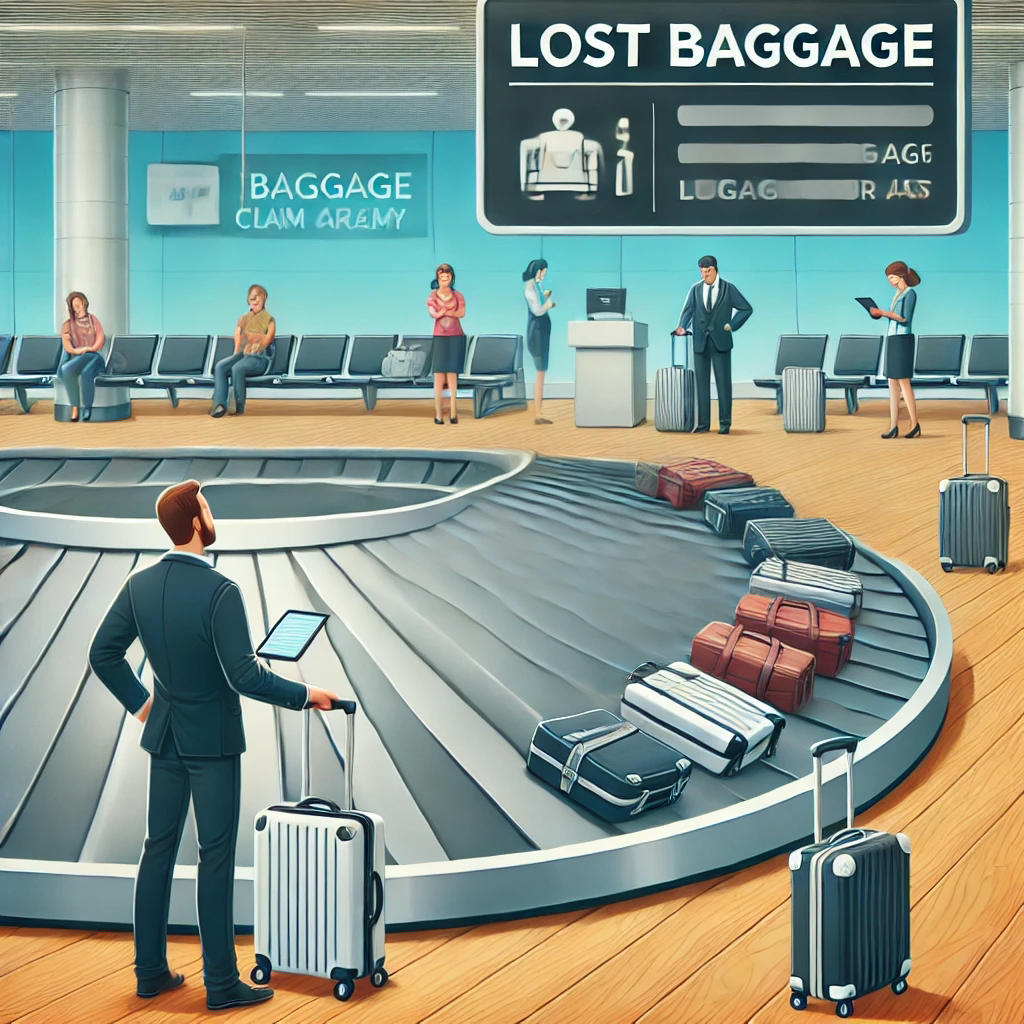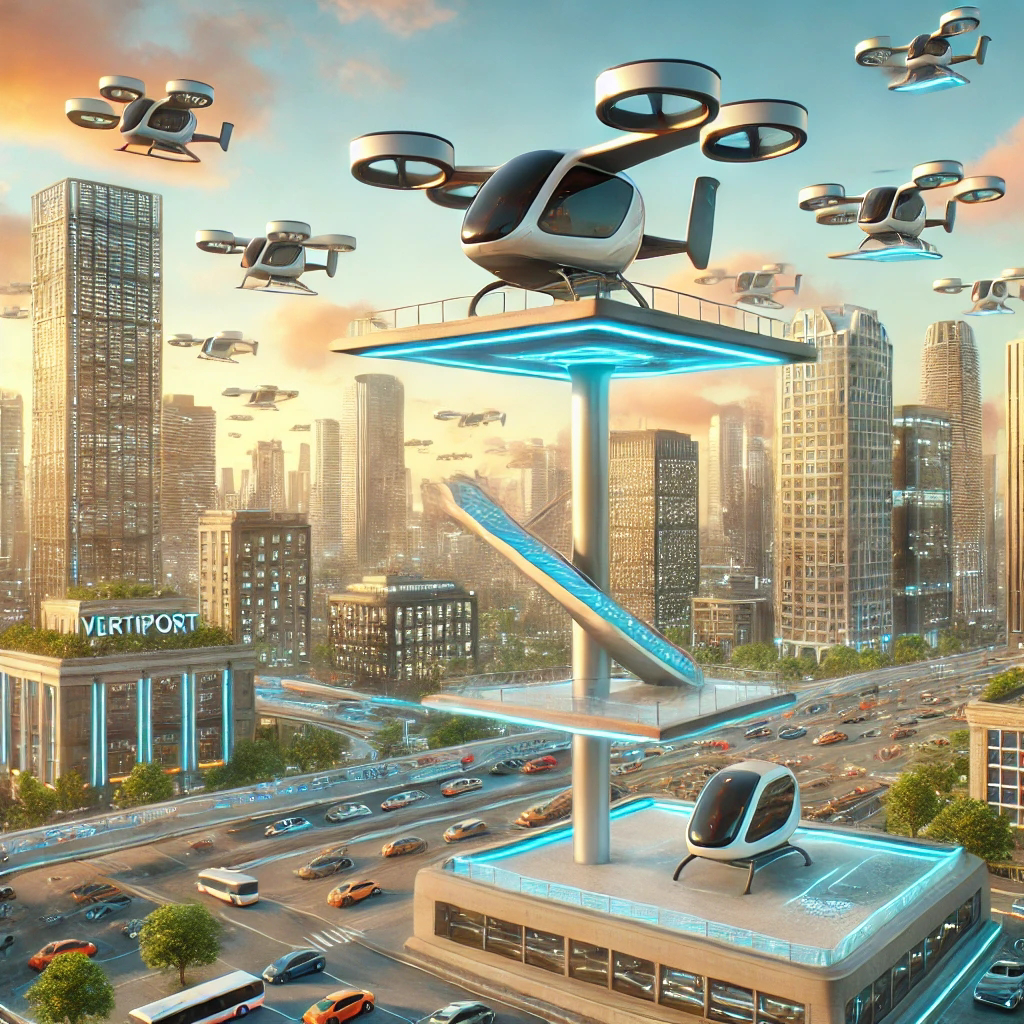Why Airplane Food Tastes Different: The Science Behind In-Flight Meals
Have you ever noticed that food tastes different when you're on a plane? Whether it's a gourmet meal in first class or a simple snack in economy, in-flight food never seems to taste the same as it does on the ground. But why? The answer lies in science, altitude, and cabin conditions. 1. How Altitude Affects Your Taste Buds At 35,000 feet, the environment inside an airplane is very different from what we experience on the ground. Here’s how it affects our sense of taste: Lower humidity – Airplane cabins have less than 20% humidity, drying out our noses and mouths, which reduces our ability to taste and smell food. Air pressure changes – The reduced air pressure dulls our taste receptors, making food seem bland. Background noise – Studies show that loud engine noise can affect how we perceive taste, especially making foods seem less salty or sweet. 2. Sweet and Salty Flavors Weaken in the Air Researchers found that our ability to taste salt drops by up to...








